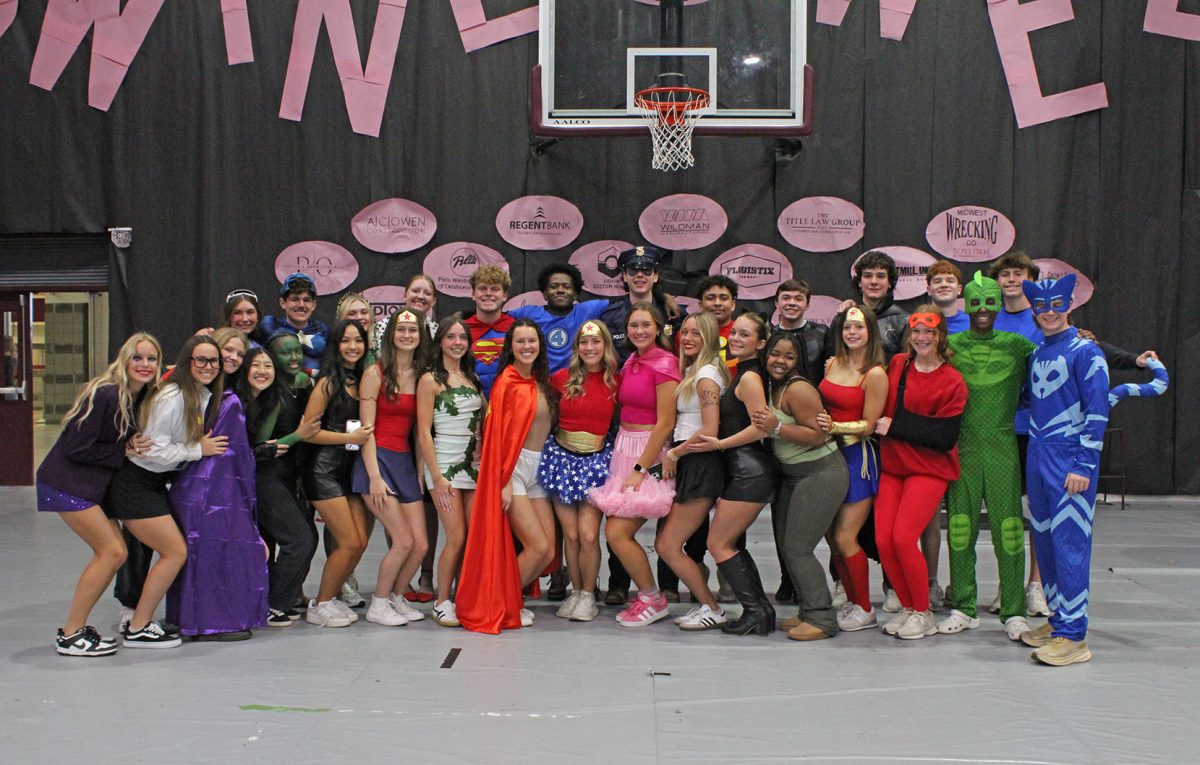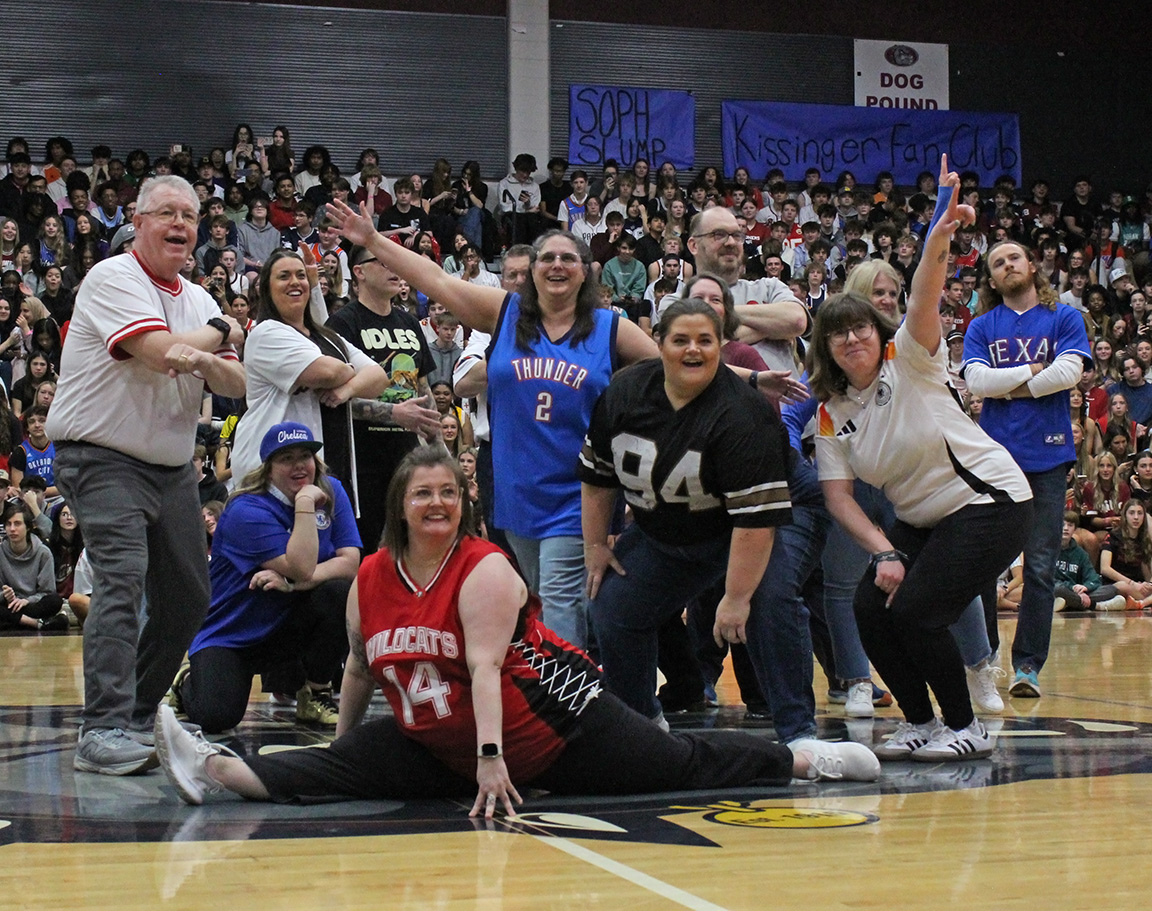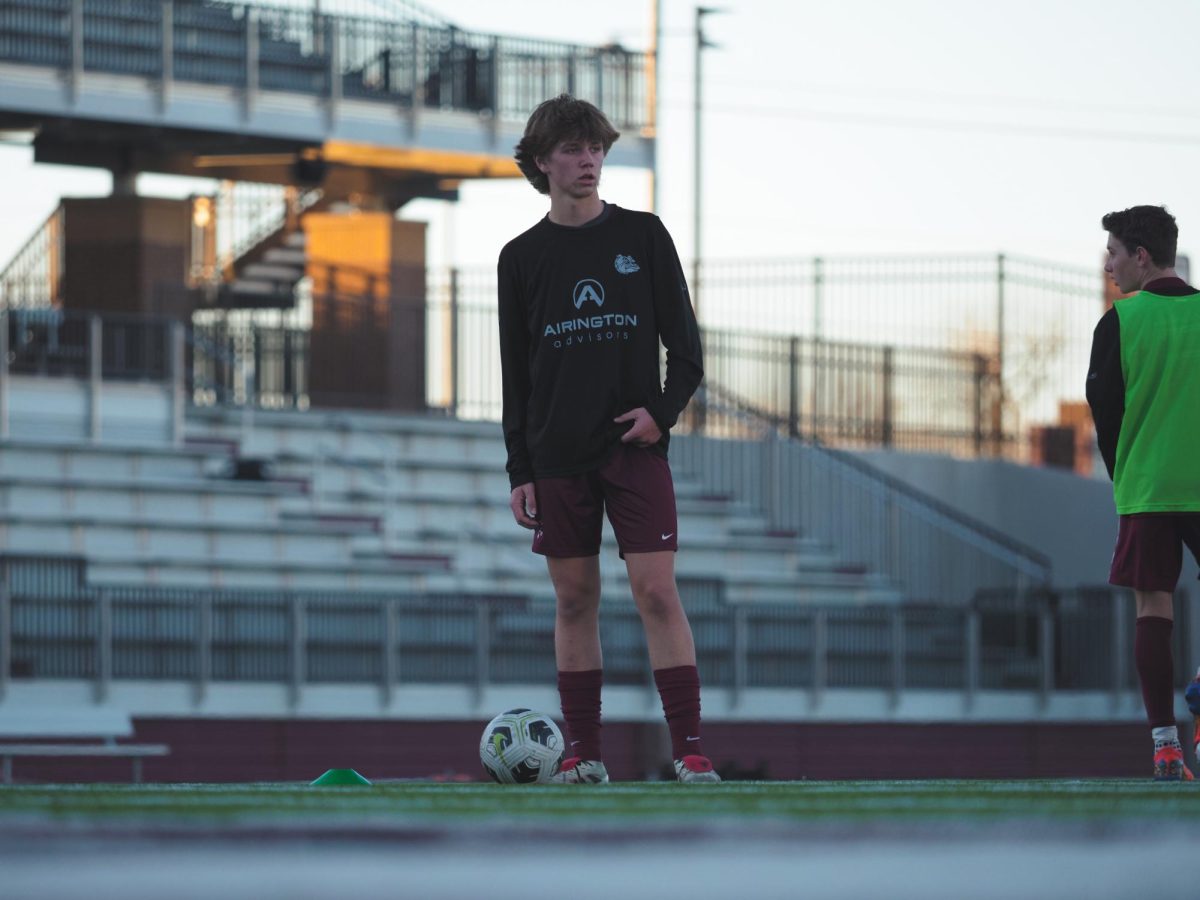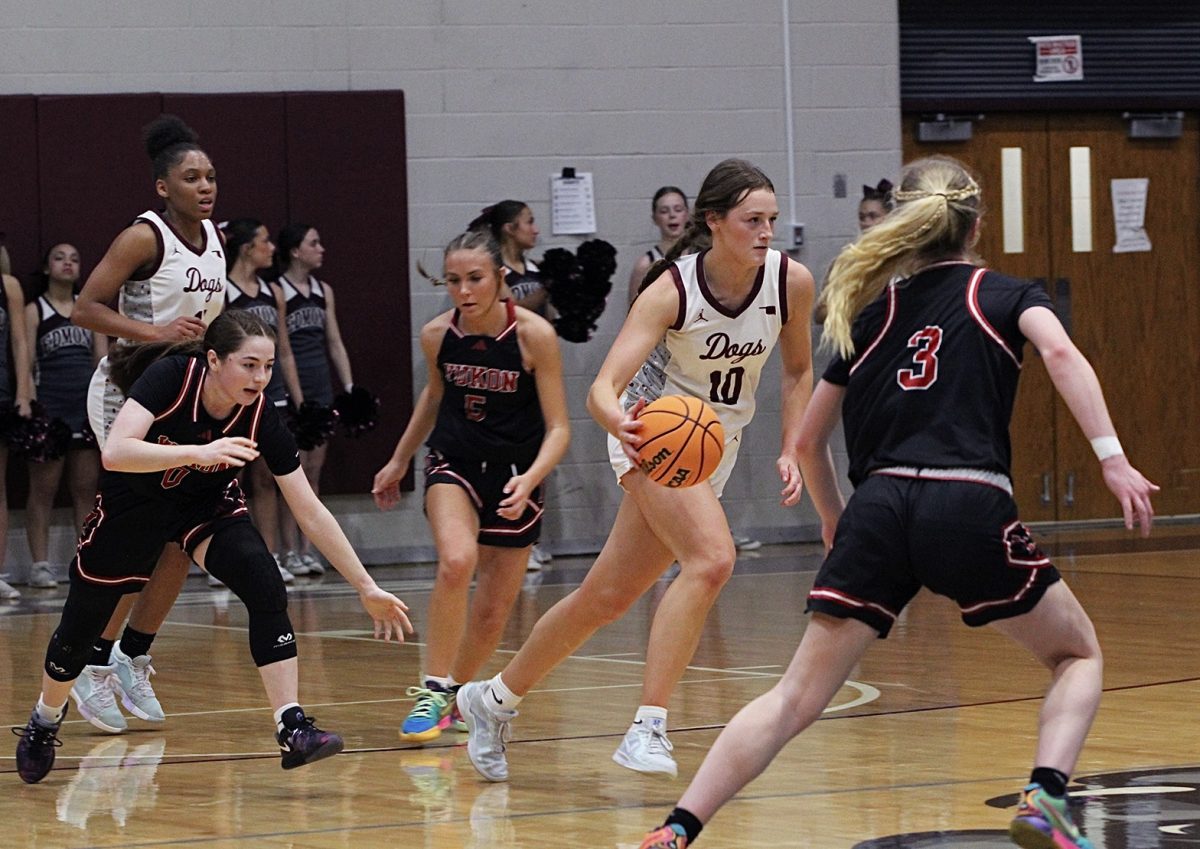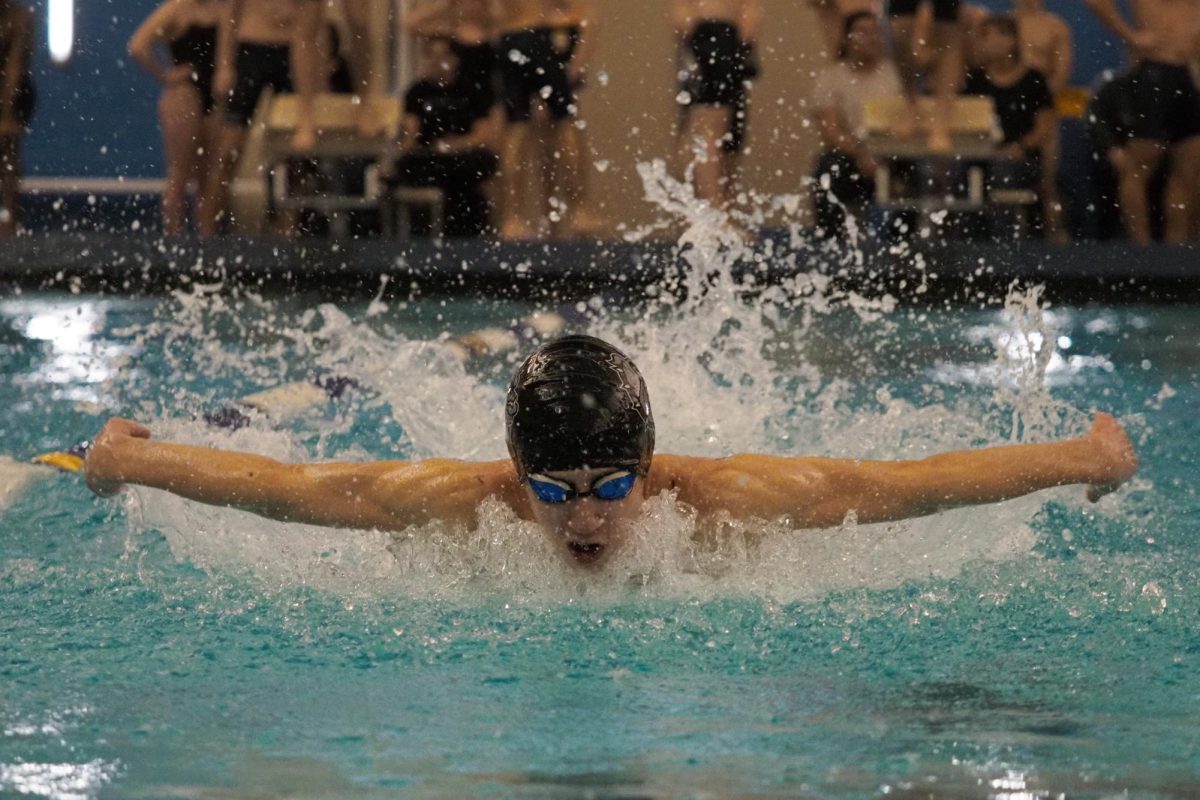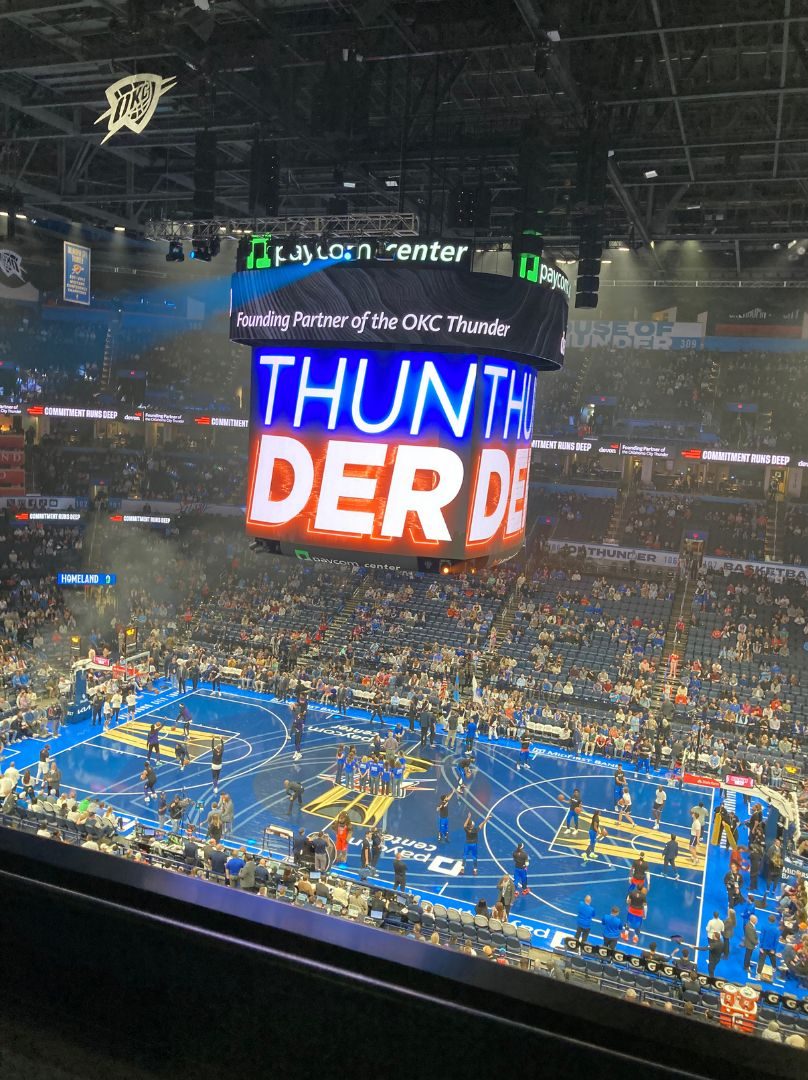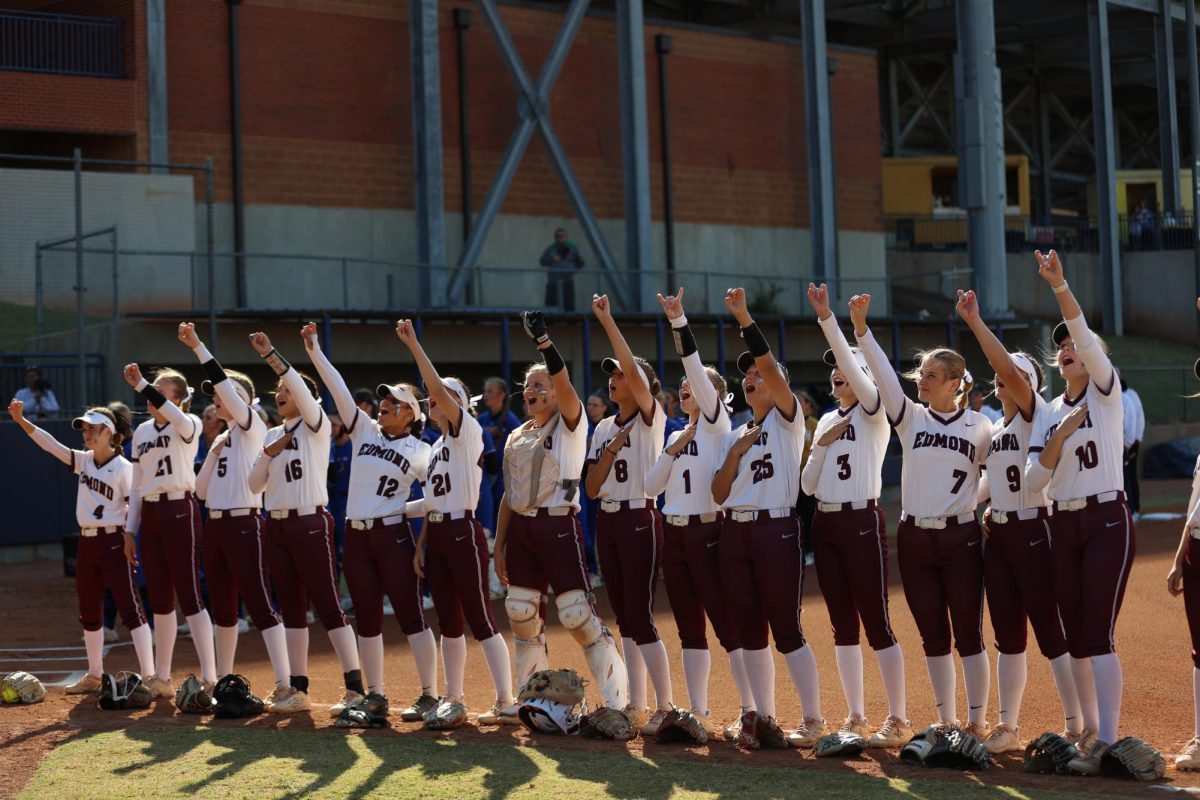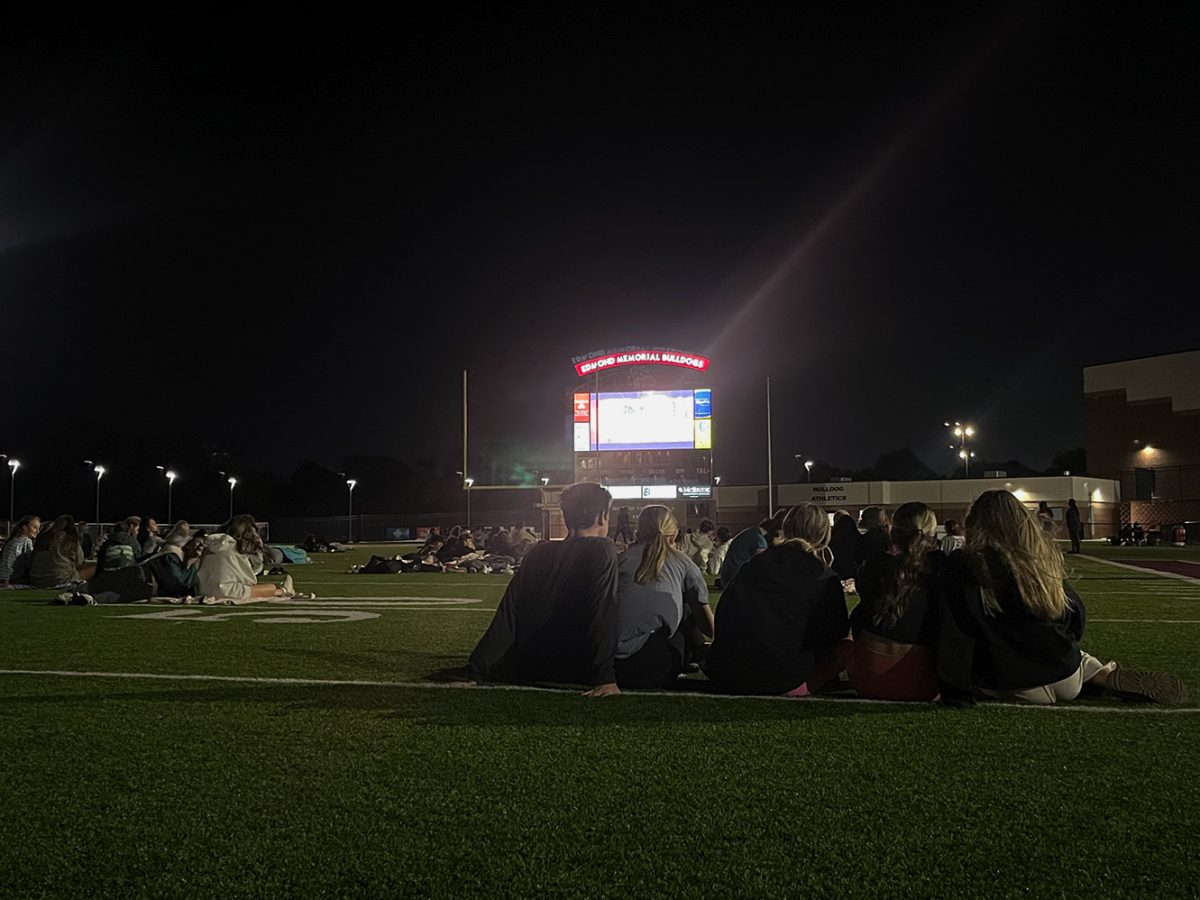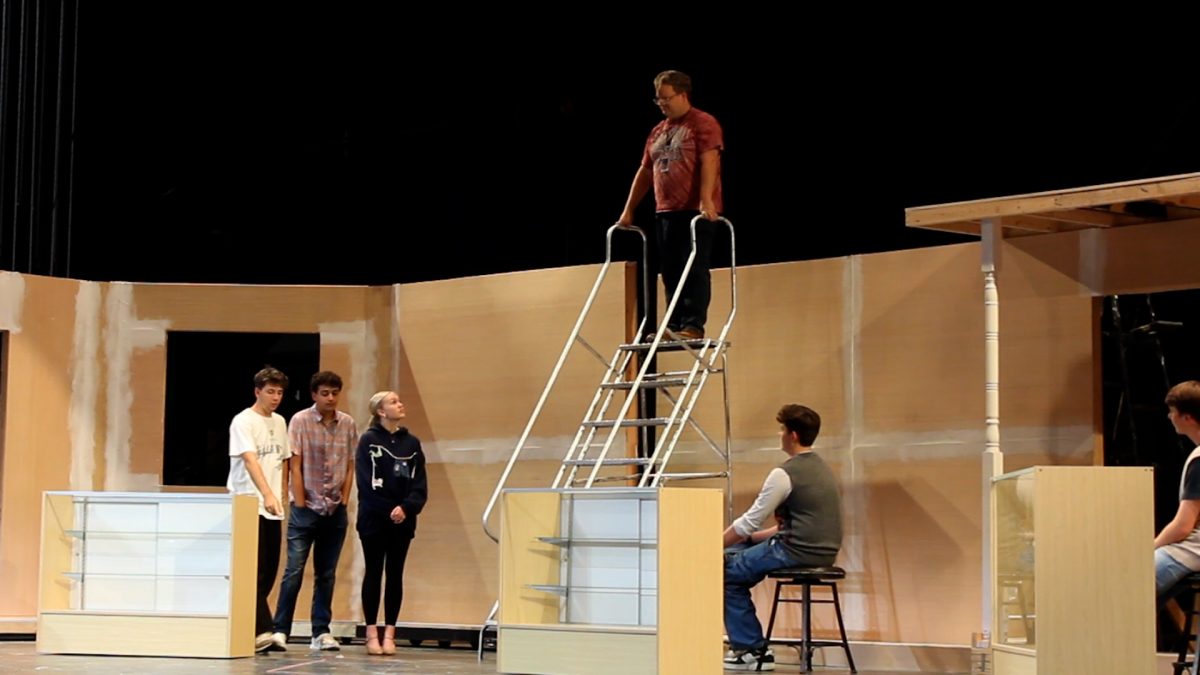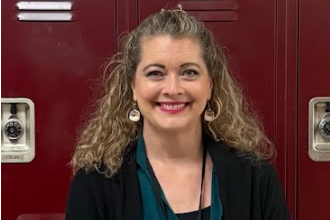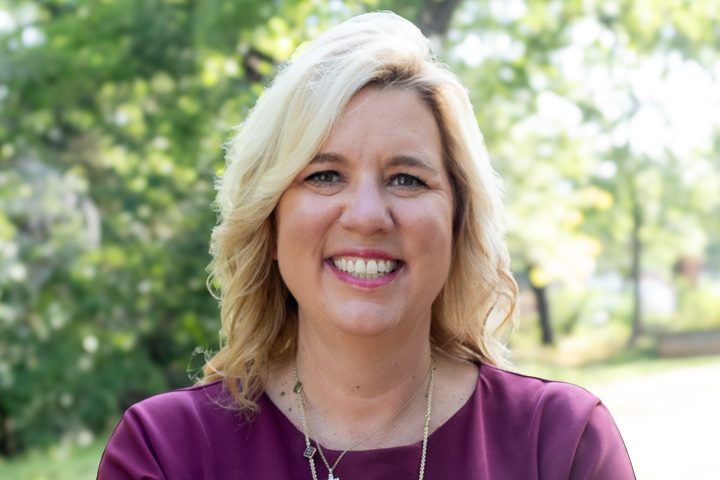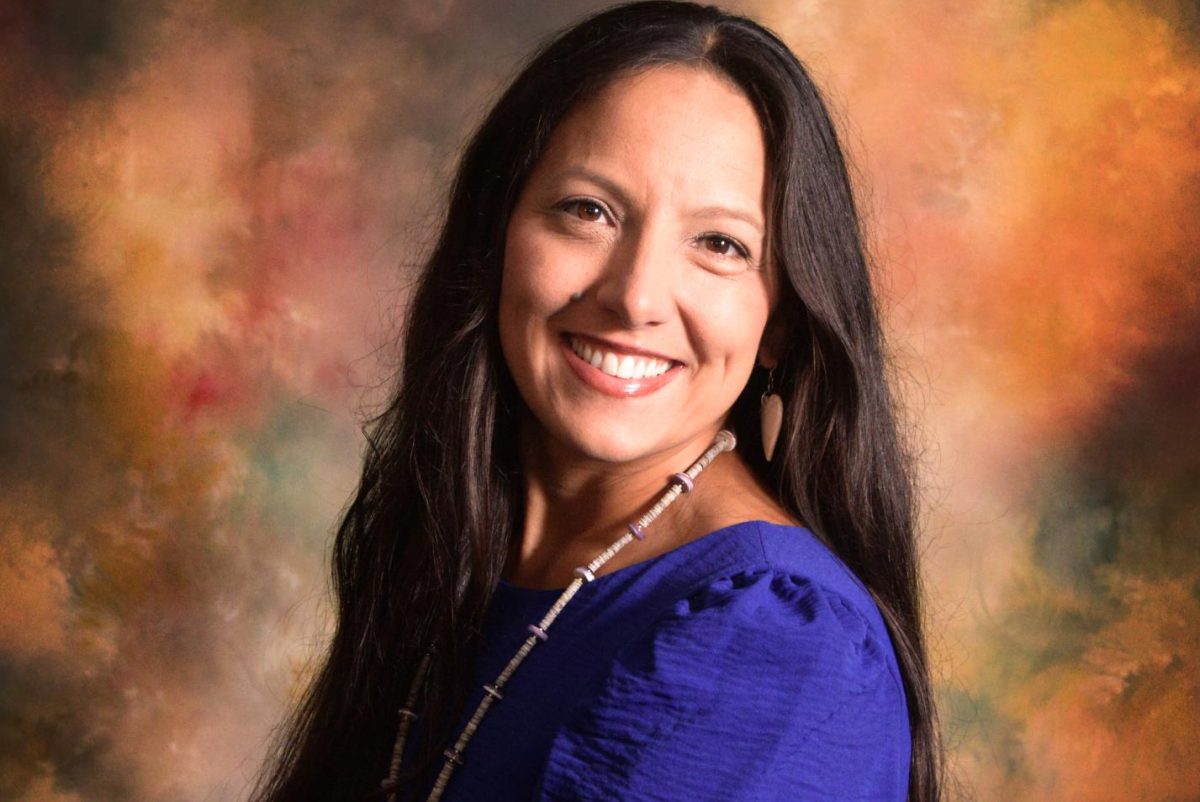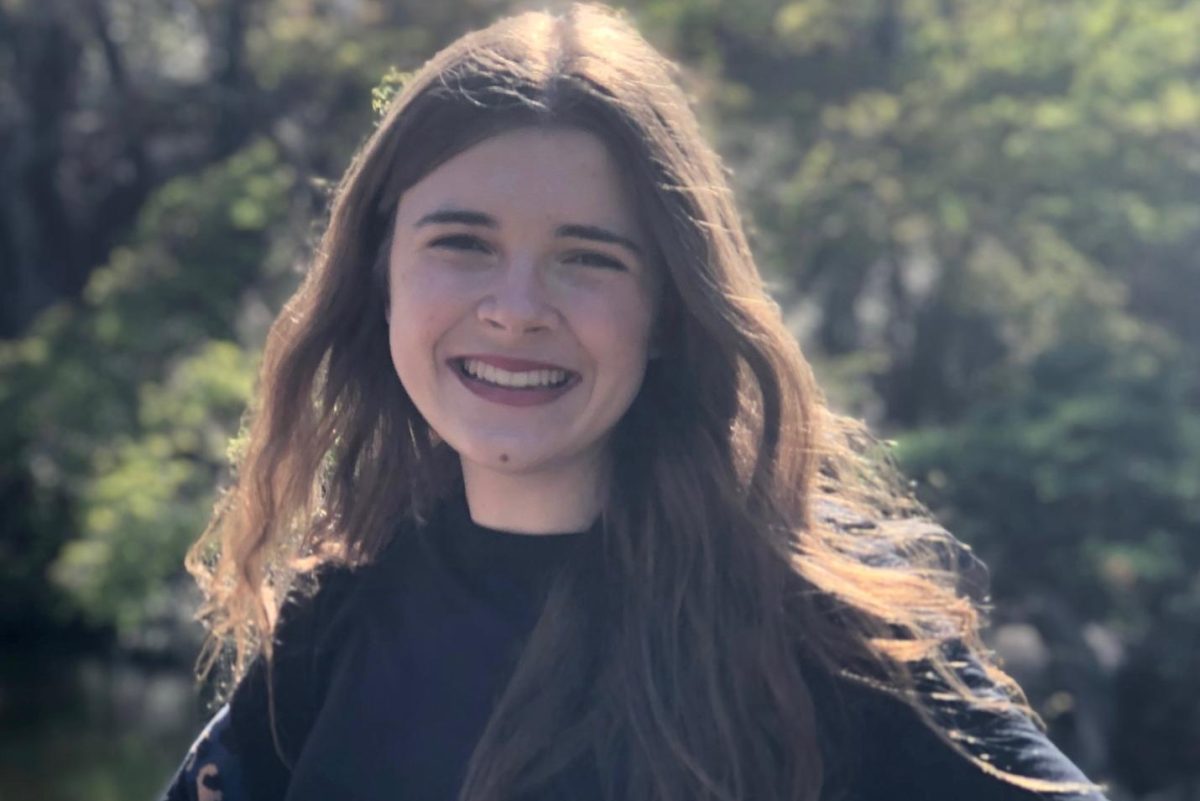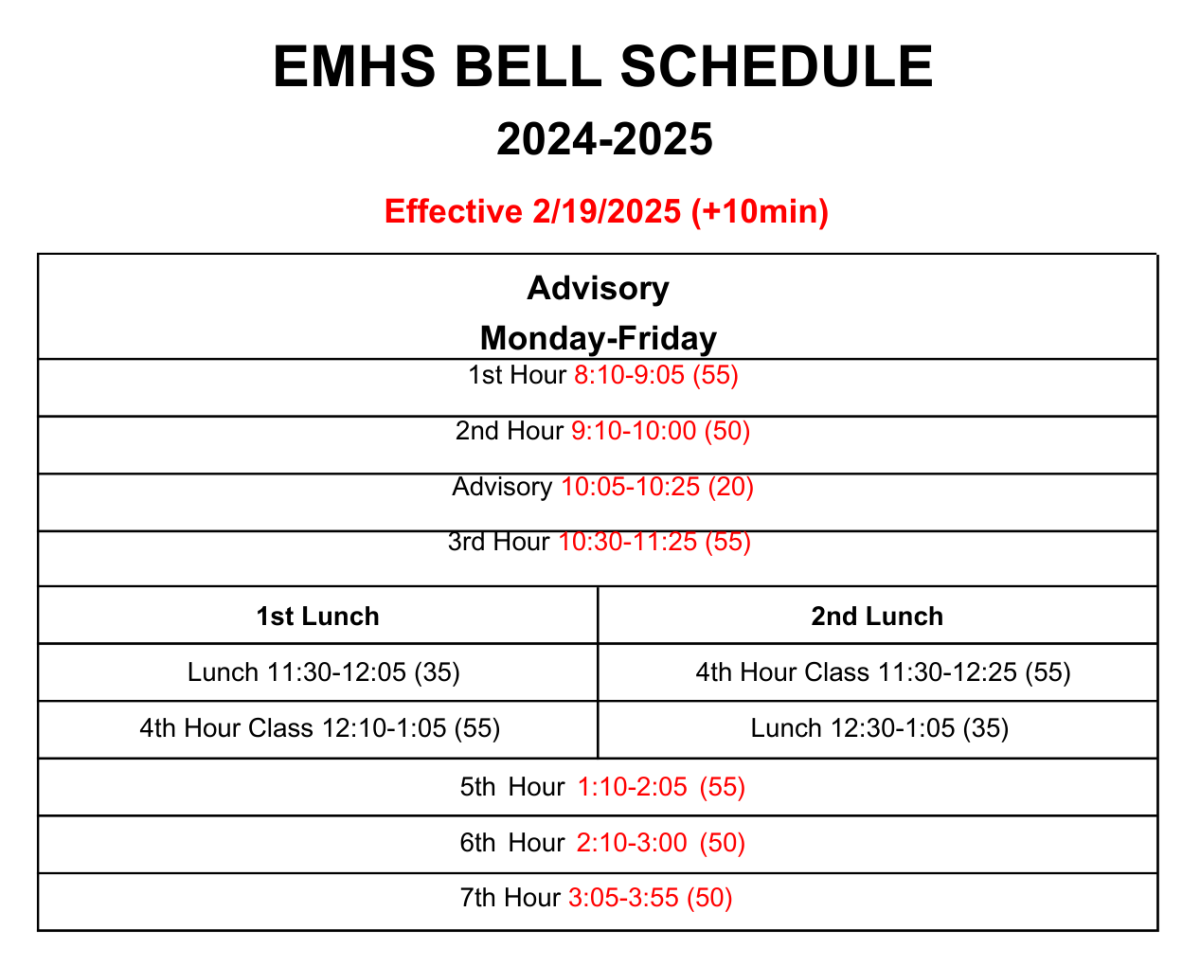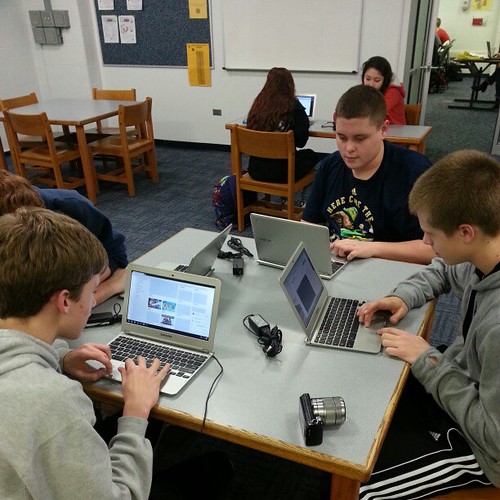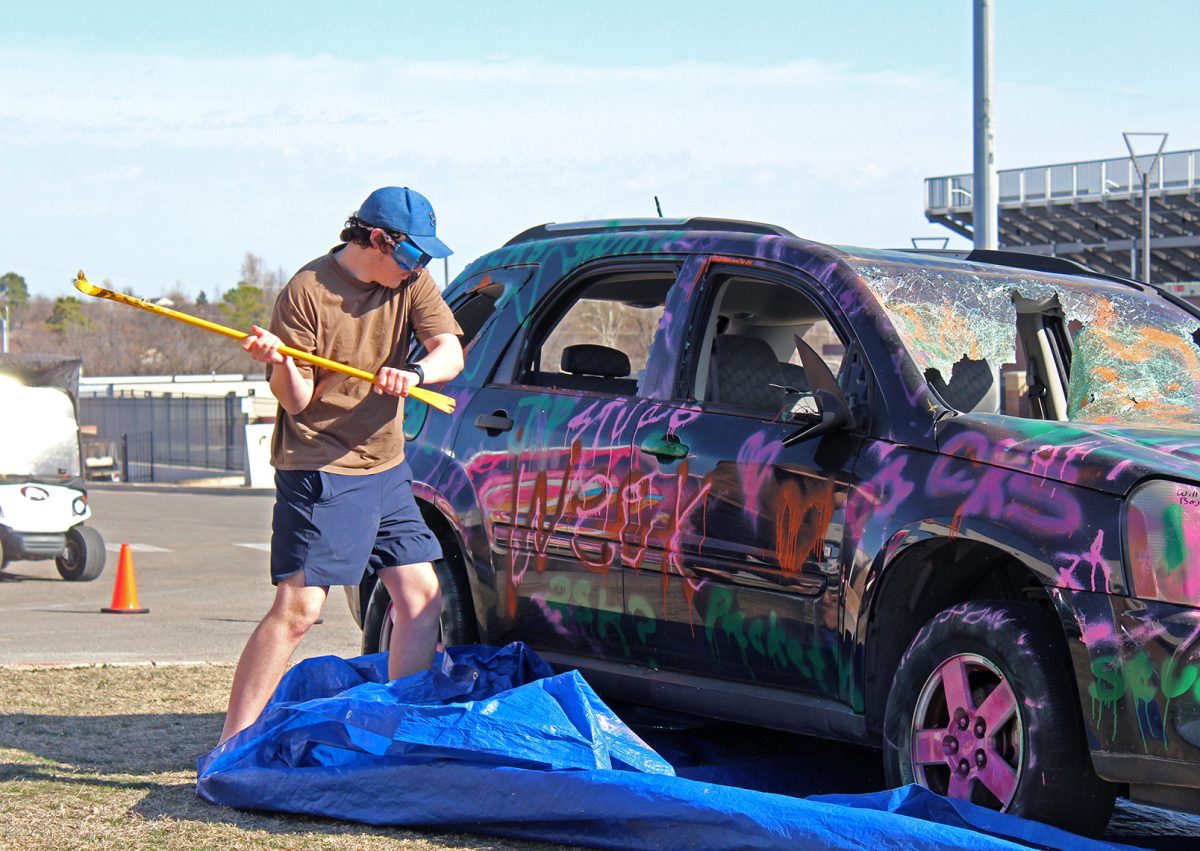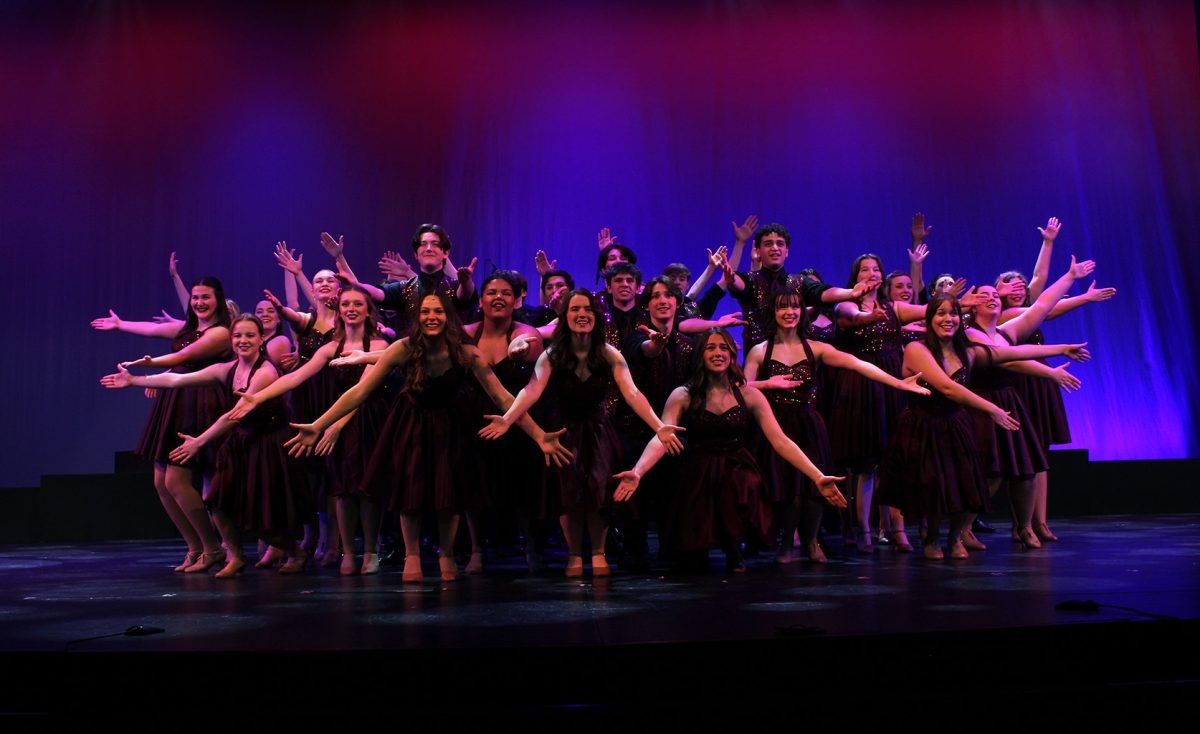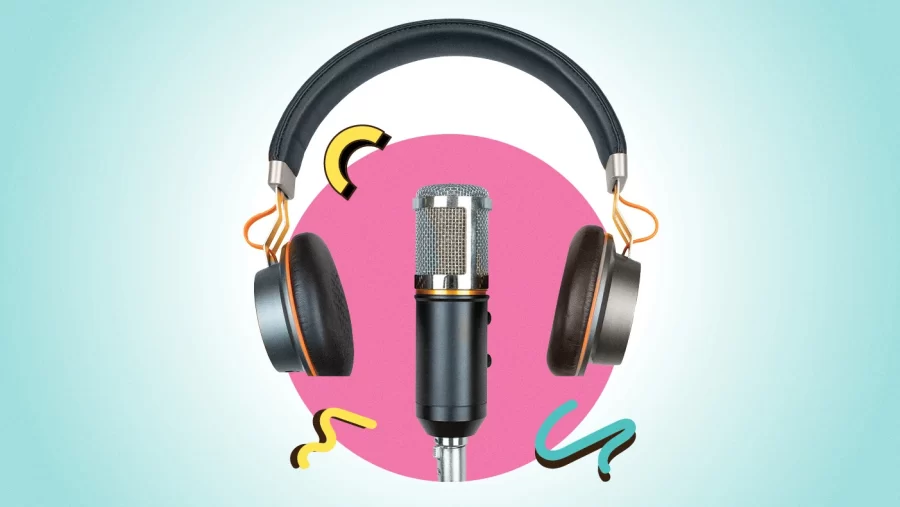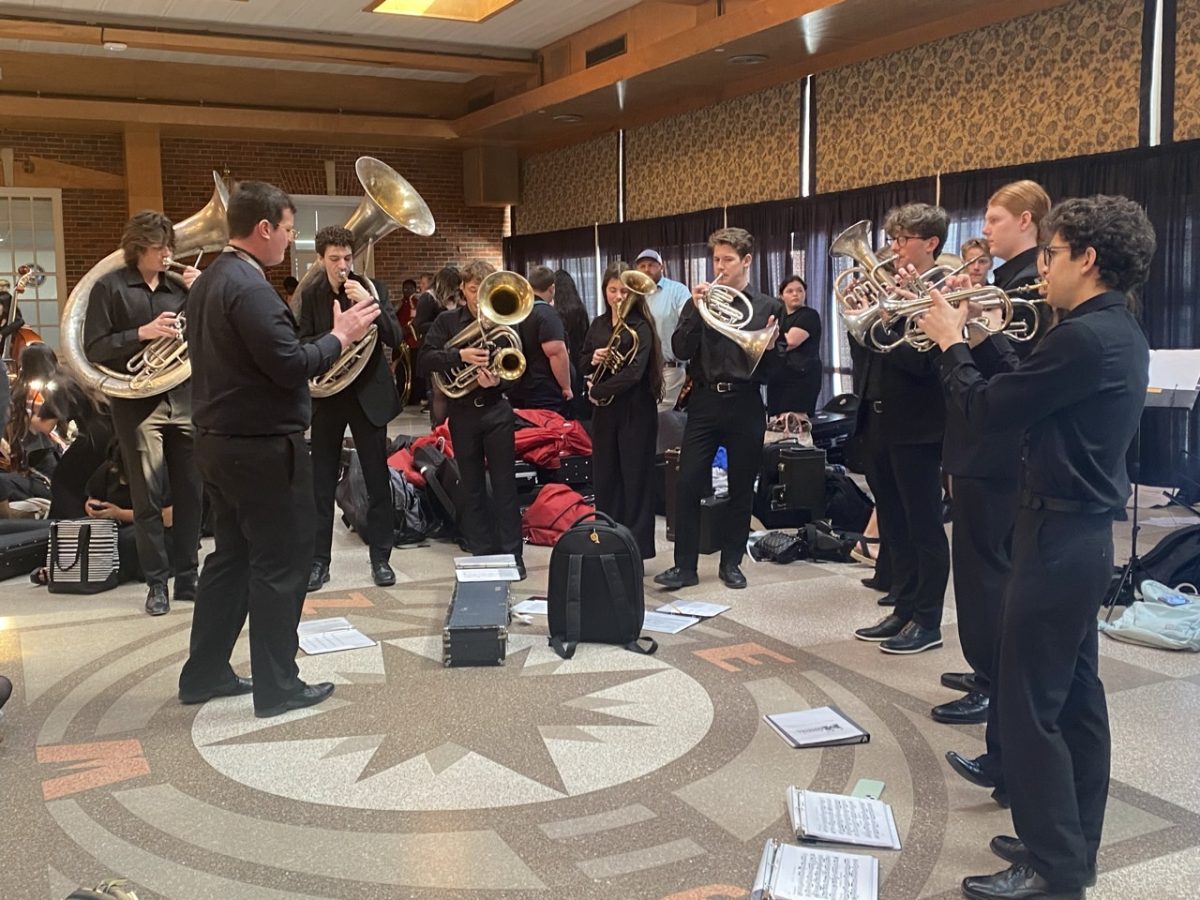On March 2, band members from Edmond Memorial High School performed a solo or ensemble piece, or potentially both, at district contest, where young musicians receive feedback on their playing and learn if they qualify for the Oklahoma Secondary School Activities Association state solo and ensemble competition. Students had to perform their solos or ensembles and receive a top score to continue to state. Once students qualified, state competition took place on April 17, and once again EMHS students received scores and feedback based on their performances.
Addison Grounds, a freshman in band, was involved in an ensemble and a solo that took both hard work and dedication. She is first chair in the wind band and plays the flute.
“If you are doing an ensemble, you definitely need to find time to meet with [the ensemble members] and find time to practice with them,” Grounds said. “I had a scheduled time every single week that we would meet up for each of those ensembles, and of course, it took time outside of school to practice for those.”
Behind the scenes, preparing for these performances took much dedication and responsibility from students. Schedules to practice were not provided, so EMHS’ young musicians had to plan their practices ahead of time. Students held themselves accountable by practicing outside of school, during school and even in private lessons in some cases.
Jordan Friedemann, a band teacher at EMHS, was in charge of helping the flutes and the saxophone quartet. She guided students through solo and ensemble practices.
“Learning the new skill of listening to each other and not just relying on a conductor is a whole new skill set,” Friedemann said. “They are having to use listening skills and get to experience different roles.”
Both solos and ensembles can teach young musicians many new skills and ideas and allow students to experience new techniques. Ensembles specifically are a way for students to practice compromise and communication. Balancing different instruments, personalities and musical ideas gives musicians many challenges such as compromising and agreeing. Despite daily practice in and out of school, there is still much to be learned, and solo and ensemble is a way to do so. As for solos, the challenges that occur are very different from ensembles.
“[Solo work] helps you as a performer to have stage presence and forces you to make musical decisions on your own,” Friedemann said. “You are developing your own skills and your own technique in a way that an ensemble will never achieve.”
While both are comparable, performing a solo or an ensemble piece is very different, and both come with advantages. Both of these events cause students to go outside their comfort zone and allow themselves to grow and improve over the course of their journey in band.
“I would recommend it [solo and ensemble] because it gives experience and helps you become better,” freshman Zoey Businelle said. “Even if the judging is harsh, it makes you think about what you could have done to improve. It helps you become a better musician because you learn from those experiences.”
Many students at EMHS received either a “Superior,” the highest rating, or an “Excellent,” the second highest rating. The criticism given at district and state has helped these young musicians by giving them feedback, being responsible and working together. Overall, state competition for the Bulldog Band was a success.
Contact Grian Foley at ruffdraftemhs@edmondschools.net



